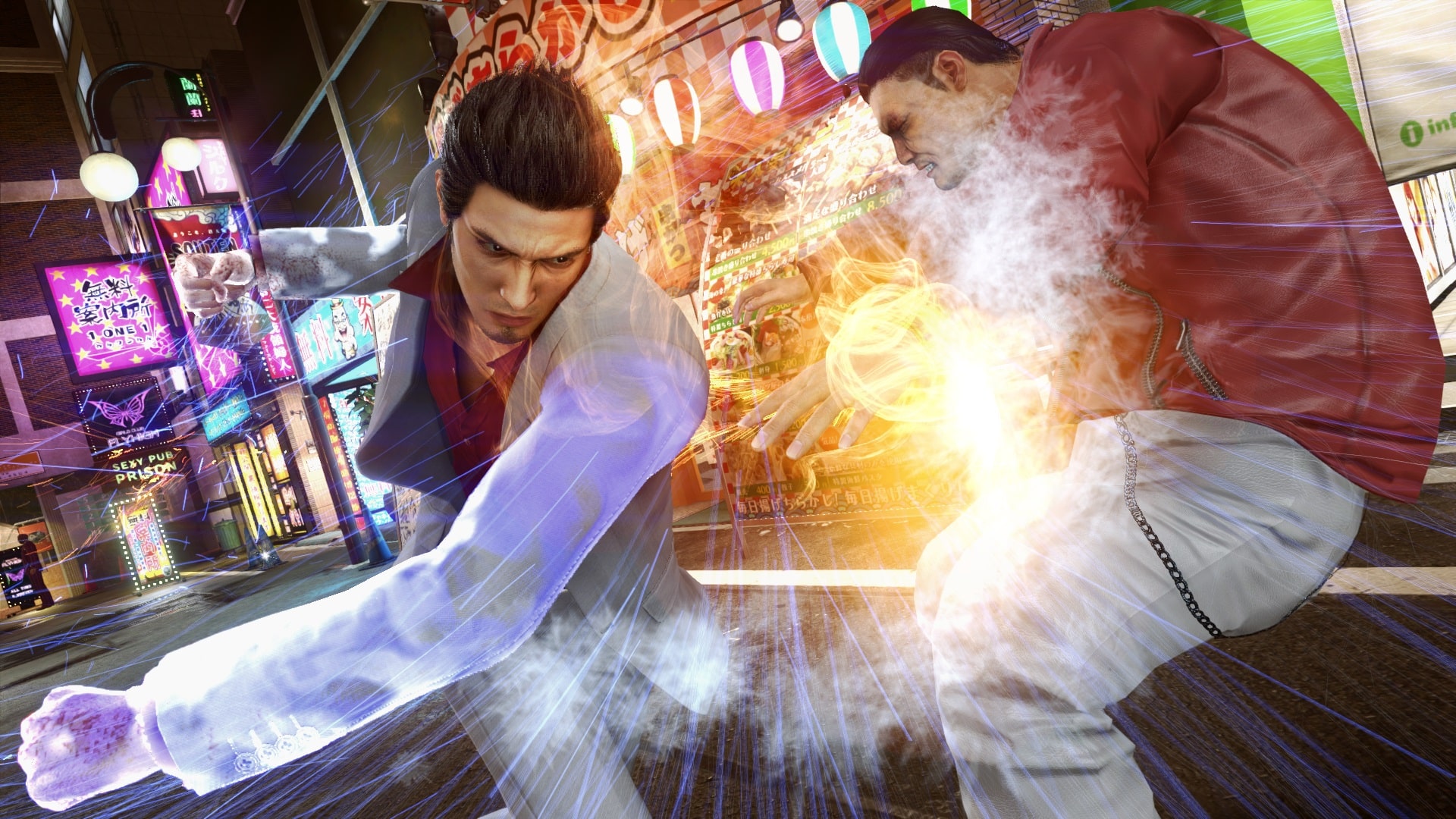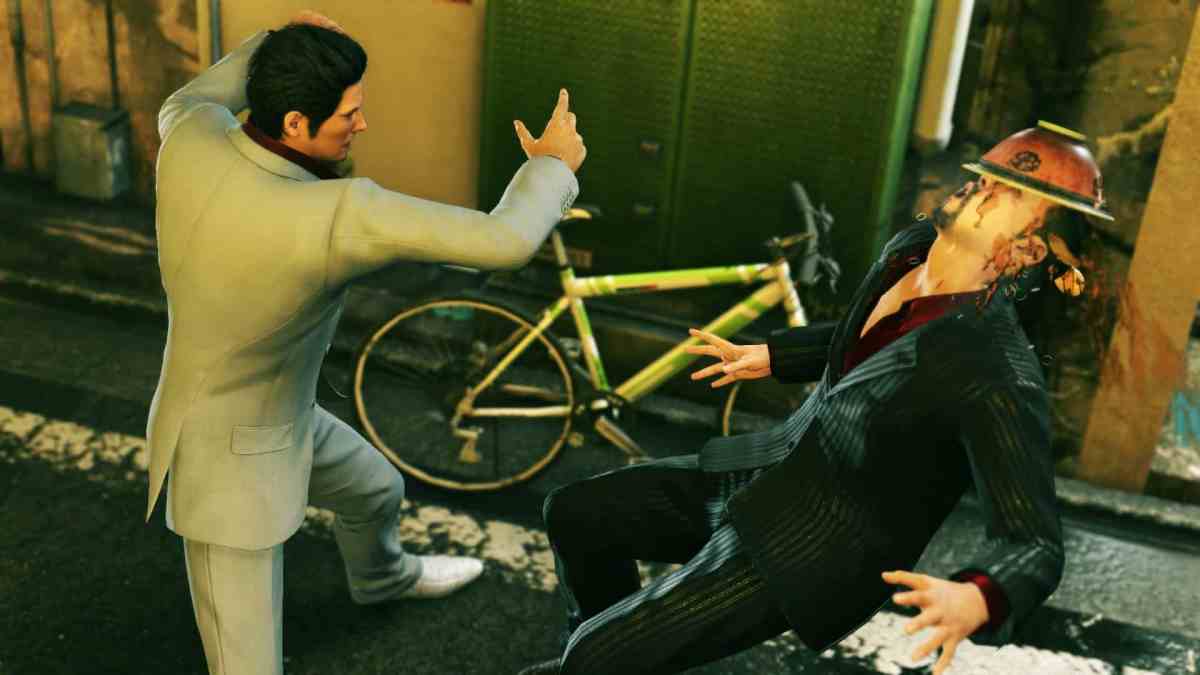Sidequests exist in video games to expand the world. At the best of times, you’ll earn a lot of experience points and gain some bonus gear. At the worst of times, it is simply padding for the title and can feel quite mindless and dull. There are titles that do it right (the Final Fantasy franchise) and titles that do it wrong (the mind-numbingly boring Neverwinter). Then there is Sega and RGG Studio’s Yakuza series of games, which has only been gaining more steam since its debut in 2005. In my eyes, this franchise has done something unique with the sidequest genre. They made sidequests into an addiction, sucking you in with a level of wonder that makes you push the main scenario to the side.
All you have to do is look at some of the sidequests. When you strike up a conversation with a simple businessman off the street, you could find yourself in any number of bizarre situations. One particular misadventure involved walking in on men being coddled in diapers by grown women. What was I forced to do then? Beat them up of course, and earn experience while doing so.
One of the more enduring sidequests within the franchise is the Hostess Club sidequests. This sidequest could be a game within itself. It offers surprising depth and nuance, from the customization of the outfits to learning the various signals to enhance the experience in the club. I couldn’t put the controller down for hours trying to become champion of the Hostess Club Tournament I had found myself embroiled in.

Then just as fast as I had fallen down this rabbit hole, I tripped into another. No matter how many times I wanted to continue the story, I found myself pulled into those sidequest side alleys. The over-the-top nature of many sidequests certainly facilitates that. Even a sidequest that begins utterly mundane, such as walking an elderly woman across the road, can culminate a few hours later with that same woman beating up her past students from her legendary dojo with you in tow.
Alternatively, Yakuza might go bold with its sidequest narrative. There was a time I had to face off against a group of thugs. I was told the only way to halt their rampage was to find their old leader. I then learned that this person that I was looking for had become a drag queen, and this was handled with such grace that I couldn’t help but want to learn more. There is always a hook to pull the player forward, and it doesn’t have to be a bombastic one.
To further enhance the addictive nature of the Yakuza franchise, RGG Studio draws upon so many other titles but adds its own distinct flair. In Yakuza Kiwami 2 for example, there are Clan Missions. These involve building a group of characters you meet across the game and putting them in an Age of Empires-style mini-game, where you pit yourself against other clans. It’s engaging, thoroughly enjoyable, and will eat up hours of your life.

Granted, the Yakuza games have a somewhat cliché main scenario, but that is based on a genre of film known throughout the world. The combat system, depending on which title you’re playing, can be frustrating and monotonous as well.
However, the reason the Yakuza franchise excels is that its sidequests exhibit such constant unpredictability. None are alike, and some connect between titles, which means a character you met in one game may return to further their story in the next. When the world opens up for you to explore, you will find yourself pulled in all directions with the game trying to get your attention on all sides. The abundance of choice could feel overwhelming, yet you might be all too eager to indulge in all of it. It becomes an addiction that you won’t mind having.






Published: Oct 25, 2020 02:03 pm